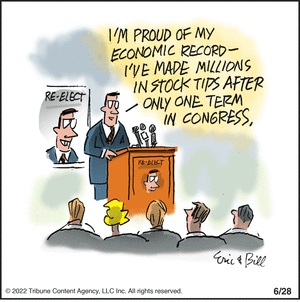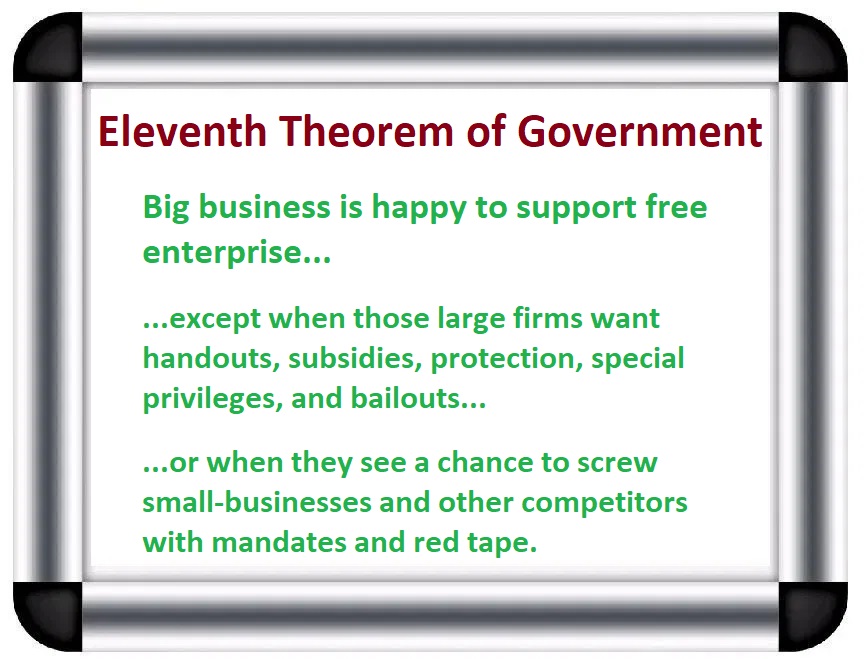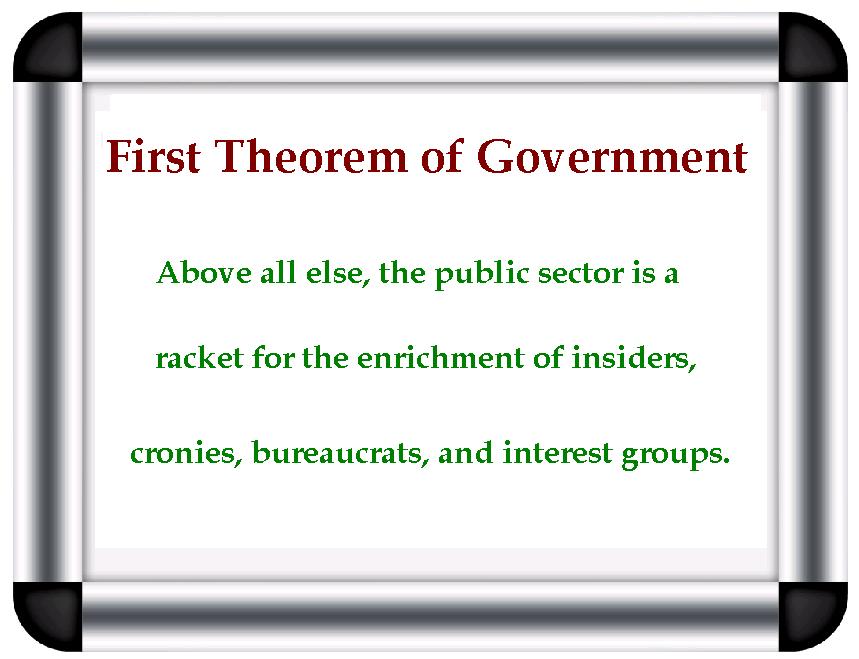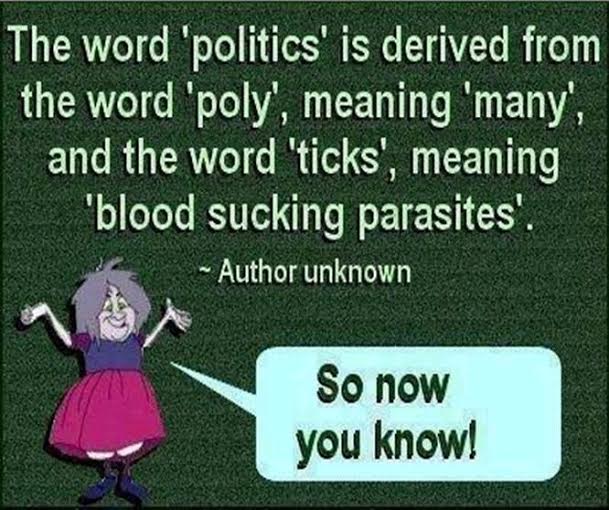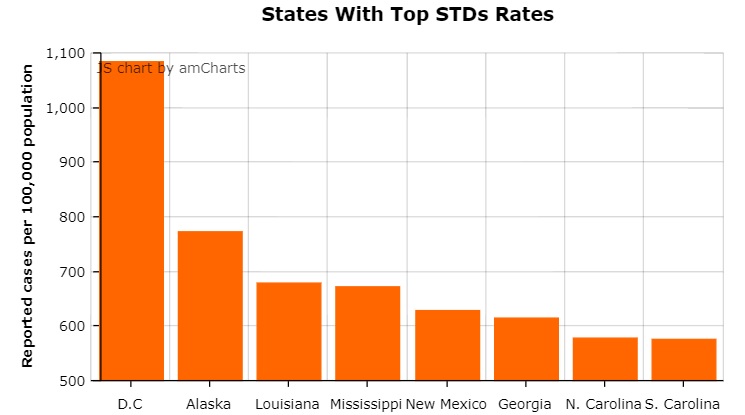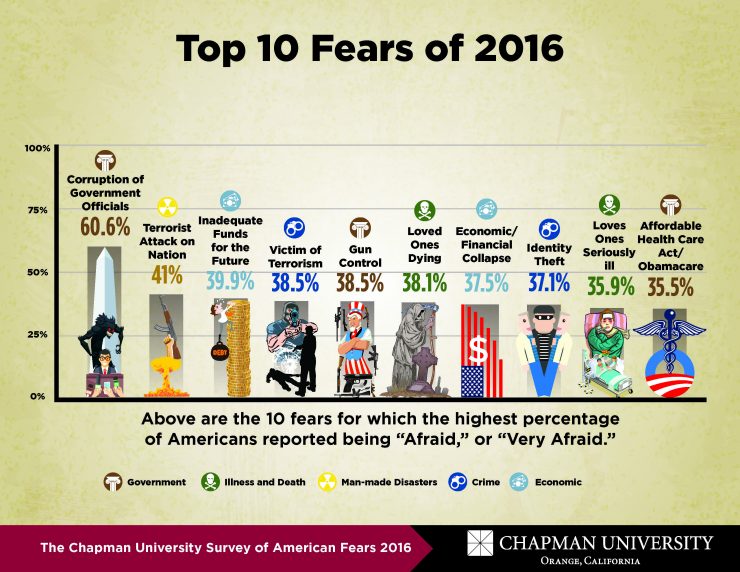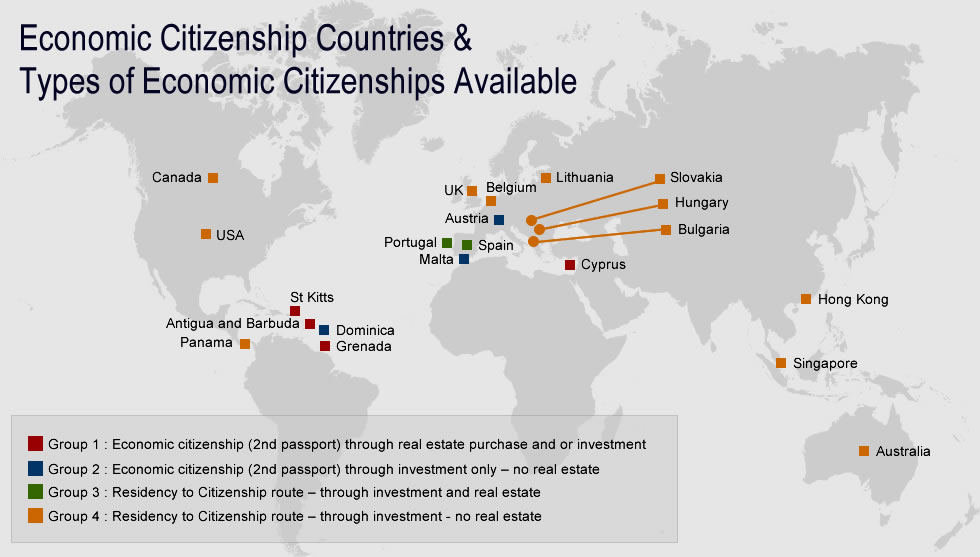I’ve written before about Hillary Clinton’s unethical and (presumably) illegal actions, both in terms of her email server and the Clinton Foundation.
 We’ve probably only seen the tip of the iceberg, but one thing that can be said with confidence is that there is strong scent of corruption, cronyism, and insider dealing that surrounds Mrs. Clinton.
We’ve probably only seen the tip of the iceberg, but one thing that can be said with confidence is that there is strong scent of corruption, cronyism, and insider dealing that surrounds Mrs. Clinton.
Every day seems to bring new evidence. Writing for the Wall Street Journal, Kimberly Strassel puts it in blunt terms.
A Hillary Clinton presidency will be built, from the ground up, on self-dealing, crony favors, and an utter disregard for the law. This isn’t a guess. …It comes in the form of a memo written in 2011 by longtime Clinton errand boy Doug Band, who for years worked simultaneously at the Clinton Foundation and at the head of his lucrative consulting business, Teneo. It is astonishingly detailed proof that the Clintons do not draw any lines between their “charitable” work, their political activity, their government jobs or (and most important) their personal enrichment. Every other American is expected to keep these pursuits separate, as required by tax law, anticorruption law and campaign-finance law. For the Clintons, it is all one and the same—the rules be damned. …Any nonprofit lawyer in America knows the ironclad rule of keeping private enrichment away from tax-exempt activity, for the simple reason that mixing the two involves ripping off taxpayers. Every election lawyer in the country lives in fear of stepping over the lines governing fundraising and election vehicles. The Clintons recognize no lines. Here’s the lasting takeaway: The Clintons…know the risks. And yet they geared up the foundation and these seedy practices even as Mrs. Clinton was making her first bid for the presidency. They continued them as she sat as secretary of state. They continue them still, as she nears the White House. This is how the Clintons operate. They don’t change. Any one who pulls the lever for Mrs. Clinton takes responsibility for setting up the nation for all the blatant corruption that will follow.
Let’s look at some examples.
And we’ll start with the example of a Swiss bank that was being wrongfully persecuted  by the American government for the supposed crime of protecting the privacy of clients (i.e., for following Swiss law inside Switzerland).
by the American government for the supposed crime of protecting the privacy of clients (i.e., for following Swiss law inside Switzerland).
In other words, I’m very sympathetic to the bank. But I’m not a big fan of the Clintons using the bank’s legal woes as an opportunity to raise a bunch of money in exchange for a favorable disposition. Yet that’s exactly what happened, as reported by the U.K.-based Guardian.
In February 2009, the IRS sued UBS and demanded that it disclose the names of 52,000 possible American tax evaders with secret Swiss bank accounts. …On 19 August 2009, it was announced that UBS would pay no fine and would provide the IRS with information about 4,450 accounts within a year. Since the deal was struck, disclosures by the foundation and the bank show the donations by UBS to the Clinton Foundation growing “from less than $60,000 through 2008 to a cumulative total of about $600,000 by the end of 2014”… The bank also teamed up with the foundation on the Clinton Economic Opportunity Initiative, creating a pilot entrepreneur program through which UBS offered $32m in loans to businesses, the newspaper reported. Other UBS donations to the Clinton Foundation include a $350,000 donation from June 2011 and a $100,000 donation for a charity golf tournament. Additionally, UBS paid more than $1.5m in speaking fees to Bill Clinton between 2001 and 2014, the newspaper reported.
James Freeman, in a column for the Wall Street Journal, cites two other examples of Clinton-style pay-to-play. The first example deals with Morocco.
We now know from emails published by WikiLeaks that before Mrs. Clinton formally launched her campaign, she arranged for the king of Morocco to donate $12 million to Clinton Foundation programs. What’s significant about the Morocco case is that for years the Clintons peddled the fiction that donors write checks simply to support wondrous acts of Clintonian charity. But that cover story isn’t available here. Mrs. Clinton’s trusted aide Huma Abedin put it in writing: The Moroccans agreed to the deal on the condition that Mrs. Clinton would participate at a conference in their country. Panicked Clinton-campaign aides persuaded Mrs. Clinton to avoid such a trip before launching her candidacy—and the foundation got the king to settle for Bill and Chelsea Clinton. But the record is clear. The king wanted the access, influence and prestige that all strongmen crave from legitimate democracies.
The second example comes from Kazakhstan.
This wasn’t the first time the Clintons satisfied such a desire while collecting megadonations. When it comes to human rights, Kazakhstan’s dictator, Nursultan Nazarbayev, makes Morocco’s king look enlightened. In power since 1991 and never freely elected, Mr. Nazarbayev must have enjoyed the sensation of Mr. Clinton endorsing him to lead an international election-monitoring group in 2005. The Kazakh strongman knows how to return a favor, and he granted valuable mining concessions to Clinton Foundation donors. The donors then built a global uranium powerhouse that was eventually sold to the Russians in a deal that required the 2010 approval of a U.S. government committee that included Mrs. Clinton’s State Department.
There’s a lot more material I could share, but the purpose of today’s column  isn’t to demonstrate Hillary’s recent unethical behavior.
isn’t to demonstrate Hillary’s recent unethical behavior.
Instead, I want to show how she has a decades-long pattern of using government for self-advancement and self-enrichment. And I’ll follow by drawing (what should be) a very obvious lesson about public policy.
To keep today’s column manageable, let’s review just two examples.
First, let’s go back more than 20 years to the early days of Bill Clinton’s presidency. Peggy Noonan explains Hillary’s attempt to replace the career professionals at the White House travel with cronies from Arkansas.
Why don’t people like Hillary Clinton? …Why, when some supposed scandal breaks and someone says she’s hiding something, do people, including many of her supporters, assume it’s true? …the scandals stretch back…all the way to her beginnings as a national figure. …It was early 1993. …It was the first big case in which she showed poor judgment, a cool willingness to mislead, and a level of political aggression that gave even those around her pause. It was after this mess that her critics said she’d revealed the soul of an East German border guard.
Let’s look at what happened.
On May 19, 1993, less than four months into the administration, the seven men who had long worked in the White House travel office were suddenly and brutally fired. The seven nonpartisan government workers, who helped arrange presidential trips, served at the pleasure of the president. But each new president had kept them on because they were good at their jobs. A veteran civil servant named Billy Dale had worked in the office 30 years and headed it the last 10. He and his colleagues were ordered to clear out their desks and were escorted from the White House, which quickly announced they were the subject of a criminal investigation by the FBI. They were in shock. So were members of the press, who knew Mr. Dale and his colleagues as honest and professional. A firestorm ensued. Under criticism the White House changed its story. They said that they were just trying to cut unneeded staff and save money. Then they said they were trying to impose a competitive bidding process. They tried a new explanation—the travel office shake-up was connected to Vice President Al Gore’s National Performance Review. (Almost immediately Mr. Gore said that was not true.) The White House then said it was connected to a campaign pledge to cut the White House staff by 25%. Finally they claimed the workers hadn’t been fired at all but placed on indefinite “administrative leave.”
Noonan continues.
Why so many stories? Because the real one wasn’t pretty. It emerged in contemporaneous notes of a high White House staffer that the travel-office workers were removed because Mrs. Clinton wanted to give their jobs—their “slots,” as she put it, according to the notes of director of administration David Watkins—to political operatives who’d worked for Mr. Clinton’s campaign. And she wanted to give the travel office business itself to loyalists. There was a travel company based in Arkansas with long ties to the Clintons. There was a charter travel company founded by Harry Thomason, a longtime friend and fundraiser, which had provided services in the 1992 campaign.
Unsurprisingly, Mrs. Clinton lied about her efforts to turn the travel office into a goodie for a crony.
All along Mrs. Clinton publicly insisted she had no knowledge of the firings. Then it became barely any knowledge, then barely any involvement. When the story blew up she said under oath that she had “no role in the decision to terminate the employees.” She did not “direct that any action be taken by anyone.” In a deposition she denied having had a role in the firings, and said she was unable to remember conversations with various staffers with any specificity. A General Accounting Office report found she did play a role. But three years later a memo written by David Watkins to the White House chief of staff, recounting the history of the firings, suddenly surfaced. (“Suddenly surfaced” is a phrase one reads a lot in Clinton scandal stories.) It showed Mrs. Clinton herself directed them.
By the way, the most disgusting part of this scandal is the way Hillary sicced the government on Mr. Dale.
The White House pressed the FBI to investigate, FBI agents balked—on what evidence?—but ultimately there was an investigation, and an audit. …Billy Dale was indicted on charges including embezzlement. The trial lasted almost two weeks. …The jury acquitted him in less than two hours.
In other words, expect to see more Lois Lerner-type scandals if Hillary reaches the White House. There should be little doubt that she will use the power of government to attack her political opponents.
Now let’s go back even further in time, to the late 1970s when Hillary Clinton somehow managed to turn a $1,000 “investment” into $100,000 is less than one year. The New York Times reported on this rather implausible story back in 1994.
…in 1978 Hillary Rodham Clinton invested $1,000 in commodities futures and that the investment grew in 10 months of trading in the notoriously volatile market into a gain of nearly $100,000. Seeking to dispel suggestions that the trades were risk-free and improperly arranged by an Arkansas lawyer who represents one of the state’s most powerful companies, the White House issued a statement this afternoon that said the First Lady had put up her own money and that she bore all of the financial risks in a marketplace where three out of four investors lose money. The officials also released a year’s worth of brokerage statements from one of Mrs. Clinton’s two accounts. …Mrs. Clinton based her trades on information in The Wall Street Journal.
In other words, we’re supposed to believe that Mrs. Clinton, a complete novice, with no experience in the private sector or the investment business, suddenly decided to sink money into a very complex type of speculation.
And we’re supposed to believe that she made a series of very clever market-timing decisions and turned small amount of money into a big pile of money.
Needless to say, even the reporter for the New York Times couldn’t help but express skepticism and doubt. Particularly since nobody was willing to back up Mrs. Clinton’s story.
The White House insisted today that Mrs. Clinton received no improper financial assistance on the trades from the lawyer, James B. Blair, a close friend who at the time was the top lawyer for Tyson Foods of Springdale, Ark., the nation’s biggest poultry company. Mr. Blair has said that he had suggested that she get into the commodities market, and that he used his knowledge of trading to guide her along the way. During Mr. Clinton’s tenure as Governor, Tyson benefited from several state decisions, including favorable environmental rulings, $9 million in state loans, and the placement of company executives on important state boards. …brokers in the Springdale office of Refco where Mrs. Clinton executed the trades, including the one she describes as her personal broker, said in interviews in recent weeks that they have no recollection of ever talking with her about the trades. Mrs. Clinton and Mr. Blair have said that they used Robert L. (Red) Bone, the broker who founded the Springdale office of Refco, a Chicago commodities firm, to execute the trades. But Mr. Bone, who worked at Tyson for 13 years until 1973, insisted in several interviews this month that he has no recollection of ever trading for Mrs. Clinton or talking to her about commodities trades.
Here’s the bottom line. Back when this scandal surfaced in the 1990s, I talked to several people in the financial markets, every one of whom was 99.99 percent certain that Hillary was the beneficiary of a gift (if they were favorable to her) or a bribe (if they were unfavorable to her). And they all agreed that somebody on the inside arranged to give her, after the fact, the winning side of trades in order to make it look like she was simply a good investor.
Moreover, every single Democrat that I talked to admitted (but only off the record) that she was the recipient of a gift or a bribe.
And she hasn’t changed in the past 38 years. 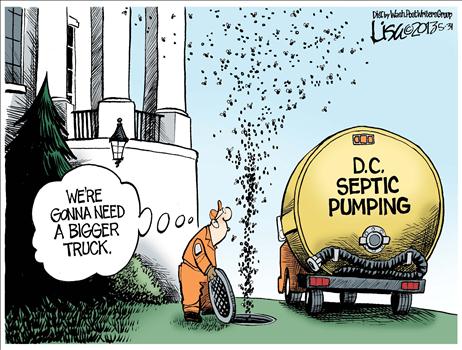 Government is a vehicle for personal advancement and personal enrichment.
Government is a vehicle for personal advancement and personal enrichment.
Now let’s conclude by bring public policy into the discussion. Corrupt politicians are able to amass lots of power and money because government is big and powerful.
And I’m not making a partisan argument. Indeed, here are the same bullet points I used when pointing out the empty futility of Trump’s plan to “drain the swamp” and end DC corruption.
All I’m saying is that Hillary Clinton both supports big government and profits from big government. And as the public sector gets larger, don’t be surprised when you find out that Hillary and her cronies have figured out additional ways of feathering their own nests.
P.S. By the way, I do recognize that there’s an infinitesimally small possibility that Hillary’s story about cattle futures is accurate.
I also recognize, for what it’s worth, that there’s a greater-than-zero possibility that aliens will invade the earth tomorrow.
But neither of these hypotheses is remotely plausible (though if I had to pick, I’d go with the alien invasion for the simple reason that it would bring great joy to Paul Krugman).
P.P.S. Plenty of Republicans will get rich as well as Hillary expands government. If you don’t believe me, just consider how many of them collect campaign cash in exchange for votes in favor of ethanol and the Export-Import Bank.
Read Full Post »
 All of these government officials displayed remarkable levels of hypocrisy, arrogance, and sleaze, making them strong contestants.
All of these government officials displayed remarkable levels of hypocrisy, arrogance, and sleaze, making them strong contestants.a hefty Ford F-150 and an affordable Bolt electric utility vehicle — was planning to fast-charge in Grovetown, a suburb of Augusta, Georgia. …there weren’t going to be enough plugs to go around. One of the station’s four chargers was broken, and others were occupied. So an Energy Department staffer tried parking a nonelectric vehicle by one of those working chargers to reserve a spot for the approaching secretary of energy. …a regular gas-powered car blocking the only free spot for a charger? In fact, a family that was boxed out — on a sweltering day, with a baby in the vehicle — was so upset they decided to get the authorities involved: They called the police. The sheriff’s office couldn’t do anything. It’s not illegal for a non-EV to claim a charging spot in Georgia.
